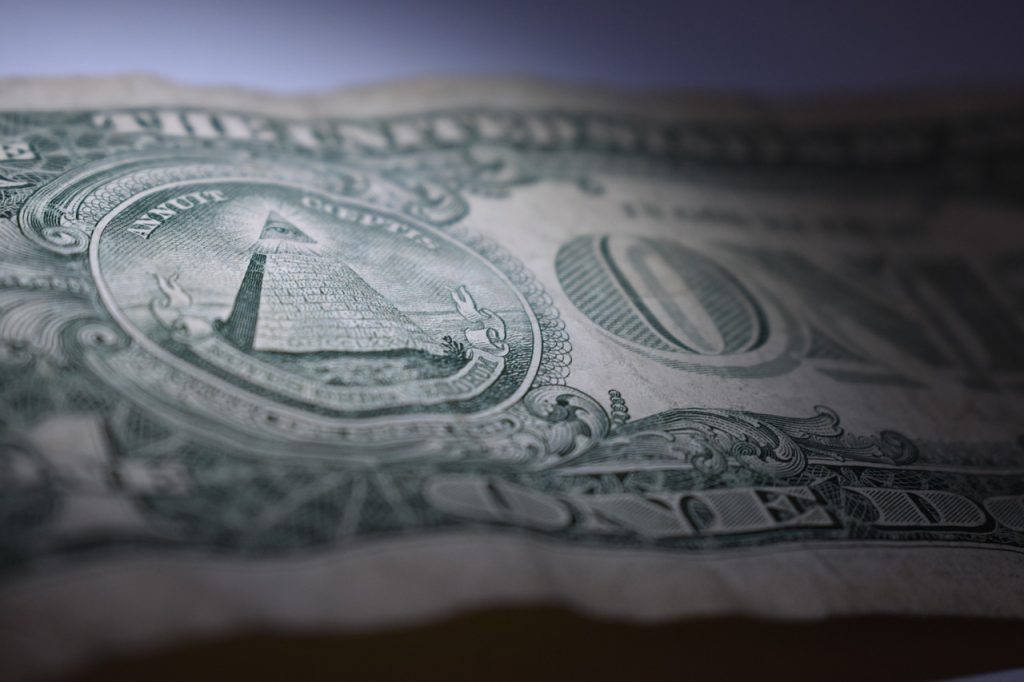Economic collapse theories are among the most widespread conspiracy topics, sparking debates, concern, and even fear. They’re fueled by everything from political changes and financial market dips to natural disasters. But are these theories based on reality, or do they oversimplify complex issues? Let’s dive in and unpack some of the myths and realities surrounding economic collapse conspiracy theories.
What Exactly Is an Economic Collapse?
When people talk about an “economic collapse,” they typically mean a scenario in which the financial system crashes so severely that economies experience a breakdown in function. This can lead to rampant unemployment, hyperinflation, and extreme poverty. Theories surrounding economic collapse vary widely, from concerns about central banking and governmental control to more sensational claims, like secret groups planning to dismantle the economy.
While history shows that economies can go through recessions, depressions, and even catastrophic events, an all-out, permanent collapse is rare. Still, these theories thrive during uncertain times, as fear can make us more susceptible to simple explanations for complex problems.
Top Conspiracy Theories About Economic Collapse
Let’s examine some of the most popular economic collapse conspiracy theories. We’ll look at where these ideas come from, why they persist, and whether there’s any basis for believing in them.
1. The Federal Reserve and the “Great Reset”
One theory suggests that the Federal Reserve and central banks worldwide are working toward a “Great Reset” – a plan to overhaul the global economy. This narrative posits that central banks want to devalue currencies and seize control of assets to create a cashless society and implement a form of financial control over the population.
While there is talk among global organizations, like the World Economic Forum (WEF), about a “Great Reset,” it’s more focused on economic reform to promote sustainability and equality, not on destroying economies. Central banks are indeed powerful, and some people view their influence as troubling, but their goals focus on maintaining stability and growth, not triggering an economic apocalypse.
2. Hyperinflation Is Just Around the Corner
With the increase in money printing, especially since the COVID-19 pandemic, many conspiracy theories suggest that hyperinflation is inevitable, leading to a massive economic breakdown. The argument is that by constantly printing money, central banks are devaluing currency so much that it will lead to runaway inflation.
While high inflation is a risk, particularly in turbulent times, hyperinflation is a rare and extreme outcome. Hyperinflation has occurred in countries like Zimbabwe and Venezuela, but it’s typically caused by a combination of political instability, corruption, and mismanagement. In more stable economies, inflation is generally kept in check through policies and careful monitoring.
3. Digital Currencies Are a Path to Control
Many people believe that the growing trend toward digital currencies is part of a larger plan for economic collapse, ultimately creating a system in which traditional cash is obsolete. The idea here is that digital currency, especially central bank digital currencies (CBDCs), allows the government to monitor and control every transaction, stripping citizens of financial privacy.
There’s truth to the fact that digital currencies make tracking transactions easier, but they’re also viewed by many economists as a natural progression in modern finance. Many of the world’s governments are in the early stages of exploring CBDCs, but their primary aim is to streamline financial processes, not to enslave the population.
4. Gold and Silver Are the Only “True” Currency
Some economic collapse theories argue that traditional currencies are worthless and that only precious metals like gold and silver have lasting value. This theory suggests that when the “fiat” currency system fails, only those with gold and silver will have real wealth.
While precious metals have historically been a reliable store of value, the notion that our current monetary system is on the verge of collapse isn’t grounded in reality. Most global economies operate on the understanding that currency derives its value from a combination of trust, policy, and economic fundamentals—not just metal. Precious metals are indeed a form of asset diversification, but they aren’t necessarily a foolproof hedge against economic collapse.
5. A Secret “Elite” Wants to Collapse the Economy
This conspiracy theory is among the most persistent: the idea that a powerful, shadowy elite (often referred to as the “1%” or sometimes specific families or organizations) controls the global economy and periodically causes recessions or collapses for personal gain. The theory claims that these elites want to concentrate wealth and power, destabilizing the financial system in the process.
This theory taps into real frustration over inequality, but it oversimplifies how economies work. While there are indeed wealthy and influential individuals who impact economic policy, the global economy is too complex and decentralized for any one group to control fully.
Why These Theories Resonate So Strongly
The appeal of economic collapse theories often comes down to fear and uncertainty. Financial systems can be confusing, and when people don’t understand them, they become more susceptible to dramatic explanations that fit their personal narratives or concerns. Moreover, social media has made it easier to share and discuss these theories, which can make them seem more credible, especially when endorsed by influential voices.
Historical Economic Collapses: Lessons Learned
While full-blown economic collapses are rare, they’re not unheard of. History offers some examples, such as the Great Depression in the U.S. in the 1930s, the 1998 Russian financial crisis, and the 2008 global financial crisis. These events taught the world valuable lessons about the importance of regulatory oversight, diversified economies, and the dangers of unrestrained speculation.
Although these crises were devastating, they didn’t lead to total collapse. Instead, economies adapted, reformed, and became more resilient over time.
How to Safeguard Yourself Financially
While conspiracy theories can be exaggerated or unfounded, it’s always wise to take steps to protect your finances. Here are some sound, practical steps for anyone concerned about economic instability:
- Diversify Your Investments: Don’t put all your money in one asset class. Consider a mix of stocks, bonds, and potentially real assets like real estate or commodities.
- Save an Emergency Fund: A solid emergency fund can be a lifesaver in uncertain times. Aim to save three to six months’ worth of living expenses.
- Invest in Precious Metals Carefully: Gold and silver can be a hedge, but don’t rely solely on them. They’re best viewed as a small part of a diversified portfolio.
- Stay Informed and Educated: Understand the basics of how the economy works. This knowledge can help you see through misleading or overly dramatic narratives.
- Consider Professional Advice: Financial advisors can help you create a personalized strategy to weather economic downturns.
Bottom Line: Separating Fact from Fiction
Economic collapse conspiracy theories can be fascinating—and even frightening—but they rarely reflect reality. While economic downturns and financial crises are inevitable, total systemic collapse is incredibly unlikely. Financial markets are robust, central banks are experienced, and history shows that even in the darkest times, economies bounce back.
Understanding how the economy truly functions, and taking practical steps to safeguard your finances, can help you feel more in control and less susceptible to the allure of conspiracy theories. Instead of focusing on the potential collapse, focus on building financial security and resilience for whatever the future might bring.


